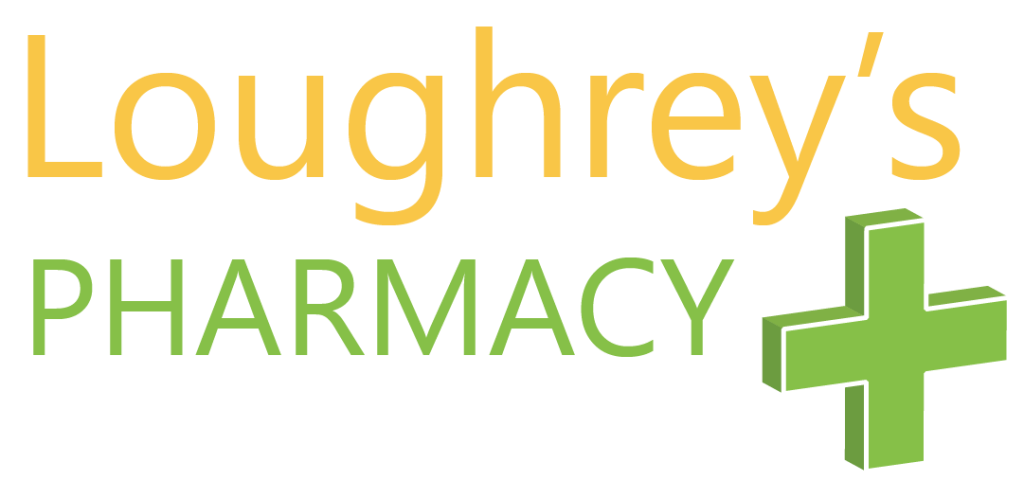Services
We are dedicated to providing patients with continued excellence in our services.
Services
For a more extensive breakdown of our services or any questions feel free to contact us.
B12 Injections
Blister Packing
Extra care is necessary when taking several different medicines. This is particularly true for patients with visual or cognitive impairment.
Blister packs make it simple and easy to take the right medicines at the right time by dividing your tablets into separately sectioned blisters, each marked with the time of day when the tablets should be taken.
This can improve your medication adherence and reduce errors. Caregivers can also easily check that the right medicines have been taken in a timely manner.
Blister packs can help if you are
- Struggling to organise medicines.
- Finding it difficult to remember when to take your medicines.
- Helping to look after someone else.
- Recently home from hospital and suddenly have a lot more tablets to take.
- Looking after someone who is visually impaired.
- On a complex medication regime.
Blood Pressure Check
Why You Should Get a Blood Pressure Check
- Early Detection of Hypertension: Regular checks can identify high blood pressure (hypertension) early, a condition often without symptoms but a significant risk factor for heart disease and stroke.
- Prevention of Serious Health Issues: Monitoring blood pressure helps prevent complications like heart attacks, strokes, kidney disease, and vision loss.
- Monitoring Existing Conditions: If you have conditions like hypertension or heart disease, regular checks help manage and adjust treatment plans effectively.
- Assessing Treatment Efficacy: For those on blood pressure medications, regular checks ensure the treatment is working as intended.
- Overall Health Awareness: Knowing your blood pressure helps you stay informed about your cardiovascular health and take proactive steps in maintaining it.
- Lifestyle Adjustments: Regular monitoring can motivate healthier lifestyle choices, such as improved diet, increased physical activity, and stress management.
Regular blood pressure checks are a crucial part of maintaining good health and preventing long-term health issues.
BMI Check
A person’s BMI, or body mass index, is one way of measuring whether you are a healthy weight for your height. Body Mass Index is calculated using a person’s weight in kilograms (kg) divided by the square of height in meters (m2).
Initially used as a statistical index of health and weight for a population group, BMI can be used to show the weight categories that may lead to health problems but it is not diagnostic of the body fatness or health of an individual. Nonetheless, your BMI is a good indication of whether you are a healthy weight, and if not, how over or underweight you are.
| BMI | Classification |
|---|---|
| Less than 18.5 | Underweight |
| 18.5 - 24.9 | Normal Weight |
| 25 - 29.9 | Overweight |
| Over 30 | Obese |
Obesity is currently a worldwide problem, with overweight (body mass index ≥25 kg/m2) and obesity (BMI ≥30 kg/m2) estimated at 35% and 12% of the overall adult population, respectively.
We can assist with weight loss steps by evaluating potential obesity-related diseases; obtaining a weight history, identifying patient triggers and screening for medications that may influence weight gain. Plus, we can evaluate and track weight and height in calculating your body mass index (BMI).
Corporate Flu Vaccination Programme
COVID-19 Vaccination
Emergency Hormonal Contraception (EHC)
- Too much time has passed since the unprotected sex for the medicine to be effective (max time is 120 hours)
- You may be taking other medications or have certain medical conditions that make it unsafe for you to use emergency contraception
- Allergies to any of the ingredients in the medication
- You have already taken an emergency contraceptive pill within this cycle.
- Your last period was irregular in some way
Flu Vaccination
Seasonal flu or influenza is an acute respiratory infection caused by flu viruses which circulate in all parts of the world.
Seasonal flu symptoms include a high temperature, a severe (usually dry) cough, headache, muscle pain, joint pain, sore throat, and a runny nose. A person with the flu will also feel extremely unwell.
Most people recover from the symptoms within a week or two without requiring medical attention. But flu can cause severe illness or death especially in people at high risk (see below).
Illnesses range from mild to severe and even death. Hospitalisation and death occur mainly among high risk groups.
The most effective way to prevent the flu is get vaccinated. An annual vaccination is recommended as immunity decreases over time. The flu vaccine can be administered as an injection or using an intra-nasal spray.
While everyone should consider getting a flu vaccine, it is especially important that the following groups get vaccinated:
- Persons aged 65 years and older.
- Persons with a chronic illness requiring regular follow up, e.g. chronic respiratory disease (including chronic obstructive pulmonary disease, cystic fibrosis, moderate or severe asthma and bronchopulmonary dysplasia), chronic heart disease (including acute coronary syndrome), chronic renal disease, diabetes mellitus, haemoglobinopathies, chronic liver disease, chronic neurological disease (including multiple sclerosis, hereditary and degenerative disorders of the central nervous system).
- Those who are immunosuppressed due to disease or treatment including those with missing or non-functioning spleens.
- All cancer patients.
- Patients with any condition that can compromise respiratory function, e.g. spinal cord injury, seizure disorder or other neuromuscular disorder.
- Persons with Down syndrome.
- Those with morbid obesity, i.e. body mass index over 40.
- All pregnant women (vaccine can be given at any stage of pregnancy).
- Healthcare workers.
- Household contacts of at-risk persons.
- Out-of-home care givers to at-risk persons.
- Residents of nursing homes and other long stay institutions.
- Carers.
- People with regular contact with pigs, poultry, or waterfowl.
Home Delivery Service
We offer a home delivery services and are especially conscious of our vulnerable patients. Delivery is perfect for patients who have difficulty coming into the store for their medicines due to tight schedules, illness, or other reasons.
Nutritional Supplements
Nutrients are substances that are essential for good health - promoting energy, providing building blocks to form body structures, and helping to regulate body functions.
Protein, carbohydrate, and fat are classified as macronutrients providing energy to fuel the body plus protein is broken down into amino acids to repair and grow new muscle fibres.
Minerals and vitamins are classified as micronutrients and play a key role in the body's structures and functions.
The Irish government and the HSE publish detailed nutritional guidelines comprising a few key points:
- Eat more vegetables, salad, and fruit - Up to seven servings a day.
- Limit your intake of high fat, sugar, salt (HFSS) food and drinks.
- Reduce portion sizes and use the food pyramid as a guide.
- Increase your physical activity.
For many people, following a balanced and healthy diet coupled with exercise, will provide all the nutritional needs of your body.
However, nutritional needs vary with age, activity, and medication - particularly the long-term use of medications.
With age the lean body mass naturally reduces and there is an increase in body fat. This generally results in reduced mobility and subsequent risk of osteoporosis and falls.
It also reduces the metabolic rate causing the body's energy requirements to fall which may in turn may lessen your appetite. The reduced intake of foods may also decrease your micronutrient intake (for example vitamins).
Certain medications are well known for causing side effects such as nausea or drowsiness affecting nutritional intake, but sometimes a lesser known side effect happens without giving you any warning: nutrient deficiency.
Most medications for a short amount of time will not lead to nutrient deficiency.
But long-term use can be different - reducing the absorption of certain vitamins or depleting minerals in the body or even inhibiting the production of important enzymes.
Even commonly used medications like some statins, PPIs (for acid reflux) and diuretics (lower blood pressure) etc taken for long periods can lead to nutrient deficiency.
If you feel any of the above apply to you, we can complete a review of your medications and diet to provide guidance on what nutritional supplements would benefit you.
Schools Flu Vaccination Programme
Shingles Vaccination
| Shingrix | Zostavax |
1. Effectiveness:
|
1. Effectiveness:
|
2. Duration of Protection:
|
2. Duration of Protection:
|
3. Composition:
|
3. Composition:
|
4. Recommendation:
|
4. Recommendation:
|
- Shingrix is generally preferred due to its higher effectiveness, longer duration of protection, and suitability for individuals with weakened immune systems.
- Zostavax may still be used in certain situations, especially if Shingrix is not available or appropriate for the individual.
- Effectiveness:
- Shingrix is more effective than Zostavax in preventing shingles and postherpetic neuralgia (PHN), the long-term pain that can follow a shingles outbreak. Studies show that Shingrix is about 97% effective in adults aged 50 to 69 and about 91% effective in those aged 70 and older.
- Duration of Protection:
- The protection from Shingrix lasts longer than that from Zostavax. Shingrix maintains its effectiveness for at least four years after vaccination.
- Composition:
- Shingrix is a non-live, recombinant vaccine with an adjuvant to boost the immune response. This makes it safe for people with weakened immune systems, unlike Zostavax, which is a live-attenuated vaccine.
- Recommendation:
- The Centers for Disease Control and Prevention (CDC) recommends Shingrix for healthy adults aged 50 and older, as well as for adults 19 years and older who have weakened immune systems due to disease or therapy.
- Effectiveness:
- Zostavax is about 51% effective in preventing shingles and around 67% effective in preventing PHN. Its effectiveness decreases with age, offering less protection for older adults.
- Duration of Protection:
- The protection from Zostavax diminishes over time, typically lasting about five years.
- Composition:
- Zostavax is a live-attenuated vaccine, which means it contains a weakened form of the virus. This type of vaccine may not be suitable for individuals with compromised immune systems.
- Recommendation:
- Zostavax may be recommended for adults aged 60 and older if Shingrix is unavailable or if they are allergic to components of Shingrix.
- Shingrix is generally preferred due to its higher effectiveness, longer duration of protection, and suitability for individuals with weakened immune systems.
- Zostavax may still be used in certain situations, especially if Shingrix is not available or appropriate for the individual.
Supervised Methadone Service
Methadone is a Schedule 2 controlled substance which is used in the treatment of opioid addiction as substitution or maintenance therapy. The service is provided within a broader treatment protocol, accompanied by regular reviews and reassessment.
We ensure that patients using our service have all information and advice necessary for the proper use of the drug. This includes general information about methadone, directions of use, common side effects, actions to be taken if a dose is missed, and interactions with alcohol and other drugs.
The ingestion of methadone occurs in our private consultation room and is supervised by a pharmacist.
Viagra Connect
Viagra Connect contains 50mg of the active ingredient sildenafil. Sildenafil relaxes blood vessels to help increase blood flow to the penis helping a man get and maintain an erection. It will not give you an instant erection, requires sexual arousal and can take between 30 minutes to an hour to work.
Viagra Connect is not suitable for men under 18, those who do not have erectile dysfunction, men with specific health issues, men taking certain medications, or women.
Viagra Connect is for men aged 18 or over who have erectile dysfunction symptoms. It’s for men who are fit enough to have sex, but unable to get or maintain an erection hard enough for sexual intercourse. During your consultation, we will check if Viagra Connect is suitable by asking you a few questions related to your health and any medication you may be taking.
Vaccines and immunizations protect against disease. They also reduce the chance of spreading disease. Many vaccine-preventable diseases are contagious, like flu, pertussis (whooping cough), and meningitis.
Medication therapy management includes reviewing all the medications you’re taking, creating a single record of all them, counselling, and coordinating with prescribers.
Getting regular health checks and wellness screenings is key to maintaining wellbeing and detecting any potential issues early. Get in touch today to find out about the services we offer.
We can run a quick test to see if you have flu or strep. To learn more, contact us today.
Compounding is the creation of personalized medicine to fit the unique need of a patient. Trained pharmacists can personalize medicine for patients who need specific: strengths, dosage forms, flavors, or even ingredients excluded from medications due to allergies.
If you want to be able to pick up all of your medications in one stop at a time that suits you, talk to us about our medication Synchronization options.
Medication adherence is the extent to which you take medications correctly. If you have difficulty remembering to take medication on time, getting prescriptions filled or understanding the directions, talk to our helpful staff today.
We offer a variety of medical equipment and supplies. If you have a need for information on the products we supply, ask a staff member today
As a long-term care pharmacy (LTCP), we provide medications and consultant pharmacy services to long-term care facilities such as nursing homes. As a LTCP, we provide continuous access to a pharmacist as well as offer emergency delivery of medication. Our main focus is to ensure that patients have access to their medication therapies in a timely manner.
We offer support to manage your condition. Our staff can advise on diet, blood glucose monitoring and tips for healthy living. Talk to a member of staff to find out how we can help. :
We offer support to manage your condition. Our staff can advise on diet, blood glucose monitoring and tips for healthy living. Talk to a member of staff to find out how we can help.
If you take multiple medications and dosages, contact us to find out how to receive your medication in prescription dose packaging.
Vaccines and immunizations protect against disease. They also reduce the chance of spreading disease. Many vaccine-preventable diseases are contagious, like flu, pertussis (whooping cough), and meningitis. Talk to us today about the immunizations we offer.
Talk to us about Medicare plans. We can answer your questions and guide you towards the right plan for you.
We can package your pills into individual packets with multiple medications and dosages organised by time and date. If you take multiple medications, ask our staff about our pill packaging service.
Whether it be to discuss the management of a prescription, possible alternative medicines or chronic disease management. Feel free to get in touch about an appointment to discuss the available options and how we can help.
We proudly offer LEADER™ high-quality products which contain the same active ingredients as national brands, at a lower cost. LEADER™ has a wide selection of affordable, quality healthcare products: from cold medicine, to pain relief, to vitamins and more.
Vaccines and immunizations protect against disease. They also reduce the chance of spreading disease. Many vaccine-preventable diseases are contagious, like flu, pertussis (whooping cough), and meningitis.
Medication therapy management includes reviewing all the medications you’re taking, creating a single record of all them, counselling, and coordinating with prescribers.
Getting regular health checks and wellness screenings is key to maintaining wellbeing and detecting any potential issues early. Get in touch today to find out about the services we offer.
We can run a quick test to see if you have flu or strep. To learn more, contact us today.
Compounding is the creation of personalized medicine to fit the unique need of a patient. Trained pharmacists can personalize medicine for patients who need specific: strengths, dosage forms, flavors, or even ingredients excluded from medications due to allergies.
If you want to be able to pick up all of your medications in one stop at a time that suits you, talk to us about our medication Synchronization options.
Medication adherence is the extent to which you take medications correctly. If you have difficulty remembering to take medication on time, getting prescriptions filled or understanding the directions, talk to our helpful staff today.
We offer a variety of medical equipment and supplies. If you have a need for information on the products we supply, ask a staff member today
As a long-term care pharmacy (LTCP), we provide medications and consultant pharmacy services to long-term care facilities such as nursing homes. As a LTCP, we provide continuous access to a pharmacist as well as offer emergency delivery of medication. Our main focus is to ensure that patients have access to their medication therapies in a timely manner.
We offer support to manage your condition. Our staff can advise on diet, blood glucose monitoring and tips for healthy living. Talk to a member of staff to find out how we can help. :
We offer support to manage your condition. Our staff can advise on diet, blood glucose monitoring and tips for healthy living. Talk to a member of staff to find out how we can help.
If you take multiple medications and dosages, contact us to find out how to receive your medication in prescription dose packaging.
Vaccines and immunizations protect against disease. They also reduce the chance of spreading disease. Many vaccine-preventable diseases are contagious, like flu, pertussis (whooping cough), and meningitis. Talk to us today about the immunizations we offer.
Talk to us about Medicare plans. We can answer your questions and guide you towards the right plan for you.
We can package your pills into individual packets with multiple medications and dosages organised by time and date. If you take multiple medications, ask our staff about our pill packaging service.
Whether it be to discuss the management of a prescription, possible alternative medicines or chronic disease management. Feel free to get in touch about an appointment to discuss the available options and how we can help.
We proudly offer LEADER™ high-quality products which contain the same active ingredients as national brands, at a lower cost. LEADER™ has a wide selection of affordable, quality healthcare products: from cold medicine, to pain relief, to vitamins and more.



